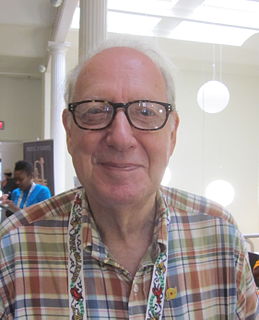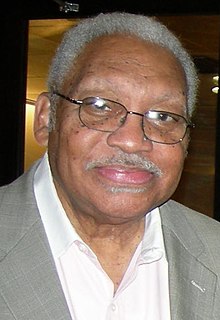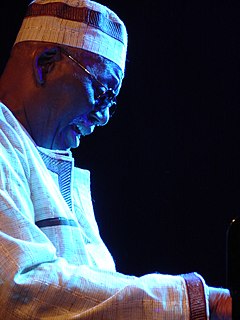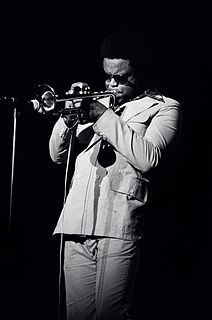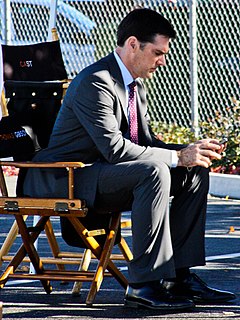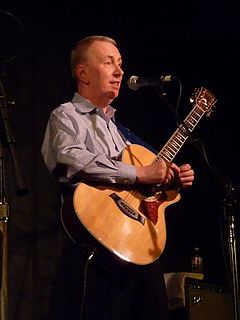A Quote by Philip Levine
I listen to jazz about three hours a day. I love Louis Armstrong.
Related Quotes
Armstrong was the key creator of the mature working language of jazz. Three decades after his death and more than three-quarters of a century since his influence first began to spread, not a single musician who has mastered that language fails to make daily use, knowingly or unknowingly, of something that was invented by Louis Armstrong.
I think that anybody from the 20th century, up to now, has to be aware that if it wasn't for Louis Armstrong, we'd all be wearing powdered wigs. I think that Louis Armstrong loosened the world, helped people to be able to say "Yeah," and to walk with a little dip in their hip. Before Louis Armstrong, the world was definitely square, just like Christopher Columbus thought.
There's no appreciation for the giants [of jazz]; there's never been a major film on Duke Ellington , never a major film on Louis Armstrong. What they accomplished, we could never accomplish today...What's happening now is lightweight compared to what happened before. If Louis Armstrong was alive today, he'd be a superstar. If Art Tatum was alive today, my god, all the piano players would get on their knees. So that's what's missing today; we've been cut off from our heritage.
Man, you'd be surprised how much I'm learning - not only about myself, but about the musicians who came before me. You don't realize at first when you listen to Armstrong's records how great this man was and how hard that Hot Five music was to play. After the experience of reading and playing those parts, I have an even greater respect for Louis Armstrong than before
I grew up in the Great Depression, and the jazz artists and Dixieland musicians were at the core of our communications and enjoyment. They were not passing fancies. They are something that is, and will be, listened to again and again. I have a space of reverence for some of those old jazz stars such as Sydney Bechet and Louis Armstrong.
When my sister and I were kids, swimming down in Charleston, there was this pizza parlor that had this old Dixieland band play, and I just loved Louis Armstrong and the sound of his voice, and I got up there with the band and started singing Louis Armstrong songs when I was a kid. I have no idea why, but I did it and I loved it.
I love jazz. So to me, there are two main types of jazz. There's dancing jazz, and then there's listening jazz. Listening jazz is like Thelonius Monk or John Coltrane, where it's a listening experience. So that's what I like; I like to make stuff that you listen to. It's not really meant to get you up; it's meant to get your mind focused. That's why you sit and listen to jazz. You dance to big band or whatever, but for the most part, you sit and listen to jazz. I think it comes from that aesthetic, trying to take that jazz listening experience and put it on hip-hop.


